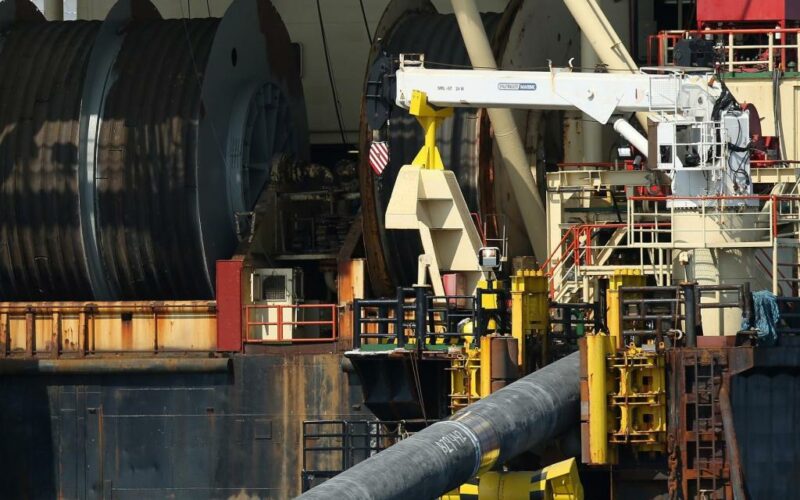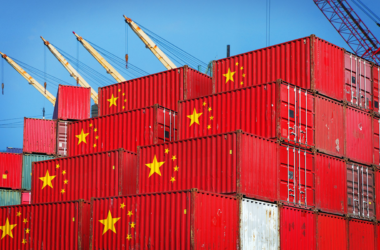In a concerted effort to safeguard crucial underwater infrastructure in the North Sea, Britain and several other European nations with coastal boundaries on the North Sea have inked a collaborative agreement. The accord, signed on Tuesday, aims to enhance cooperation among the signatory states in protecting underwater installations, particularly in light of potential security threats.
The agreement, endorsed by Belgium, Britain, Denmark, Germany, Norway, and the Netherlands, entails a joint declaration facilitating the exchange of vital information among the participating nations. This collaborative approach seeks to bolster the resilience of undersea cables and pipelines, critical components of the region’s energy infrastructure.
Security concerns surrounding undersea infrastructure have escalated in Western European nations following the 2022 incidents involving explosions on the Nord Stream 1 and 2 pipelines, which are pivotal conduits for transporting gas from Russia to Germany across the Baltic Sea. These events underscored the vulnerability of such infrastructure to potential disruptions.
Moreover, NATO’s warning in May 2023 regarding the possibility of Russian sabotage of undersea cables as a reprisal against Western nations’ support for Ukraine has further amplified security apprehensions. Additionally, the heightened global security risks stemming from conflicts such as the Gaza war have contributed to the urgency of protecting critical energy infrastructure.
Andrew Bowie, British Minister for Nuclear and Renewables, emphasized the significance of safeguarding the North Sea’s vital energy infrastructure, which plays a pivotal role in driving Europe’s renewable energy and net-zero ambitions. Bowie underscored the importance of strengthening ties with neighboring Northern European nations to fortify the region’s infrastructure against potential threats or disruptions.
The collaborative effort among European nations signifies a proactive stance towards ensuring the security and resilience of the North Sea’s critical energy infrastructure, vital for sustaining Europe’s energy security and advancing its environmental goals. By fostering closer cooperation and information sharing, the signatory states aim to mitigate risks and enhance the robustness of undersea installations in the North Sea region, thereby safeguarding energy supplies and promoting stability in the region.








